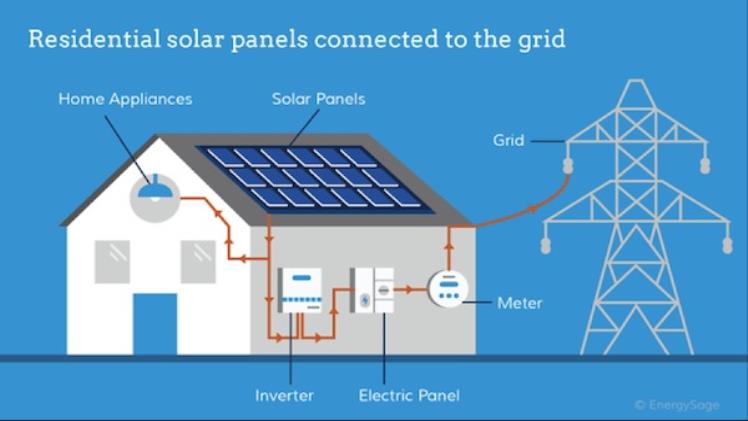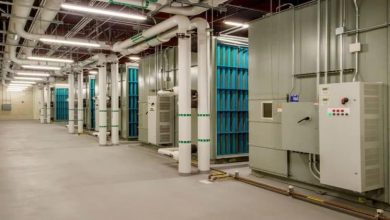How to Choose the Right Type of Solar Panels for Your Home

Solar panels can be an effective way to save money on your electricity bill, and they also increase the value of your home resale. But it’s essential that you select the correct type of solar panel for your individual situation.
Before making your choice, take into account both your budget and anticipated energy costs. Furthermore, evaluate the quality of panels you are considering.
The best solar panels are efficient and long-lasting. Not only are they built to last, but many come with warranties that protect them against weather damage or degradation.
Monocrystalline and polycrystalline solar panels are the two most popular choices, but there are other types of solar cells as well. These include thin-film, amorphous, and crystalline silicon options.
Thin-film panels are more cost-effective than crystalline ones, yet they do not offer the same efficiency or power output. Furthermore, their lower temperature coefficient means they lose more power during high temperatures.
Some of the top solar panel brands available include SunPower, REC and Panasonic. These brands boast durability and dependability at reasonable prices with an impressive 25-year warranty.
How much electricity you use will determine how many panels are necessary. This is typically determined by how many hours your home receives sunlight and the size of your roof.
If you’re installing a small solar system, your requirements may range from 6 to 10 panels depending on your budget. For larger installations, however, more than just a few solar panels may be needed in order to generate enough electricity to cover your energy costs and provide enough freedom from electricity bills.
Before you can get started, you must contact your local government to ensure that solar panels can be installed on your property. This may involve filing for a permit or reaching out to the utility company about installation best practices.
visit for multiple topics news: Mysportsworlds
Before installing solar panels on your roof, make sure that it is compatible with the type of system you choose and that no trees or other obstructions are blocking sunlight.
Your panels should also be checked and cleaned regularly to avoid corrosion or mold problems. A qualified professional can give your system a detailed assessment, helping you avoid costly repairs in the future.
For optimal efficiency, solar panels should be able to withstand extreme temperatures and rain. Furthermore, they should produce high levels of electricity even in low temperatures or overcast skies.
If your area frequently experiences snowfall and ice, your solar panels must be able to survive these conditions. Some companies provide special construction materials that will support several inches of snowfall without compromising your panels’ ability to generate electricity.
Selecting the ideal solar panels is a big decision, but one that will reap rewards in the future. Thanks to tax subsidies, low-cost production and improved conversion efficiency, solar power has become more accessible than ever before.


